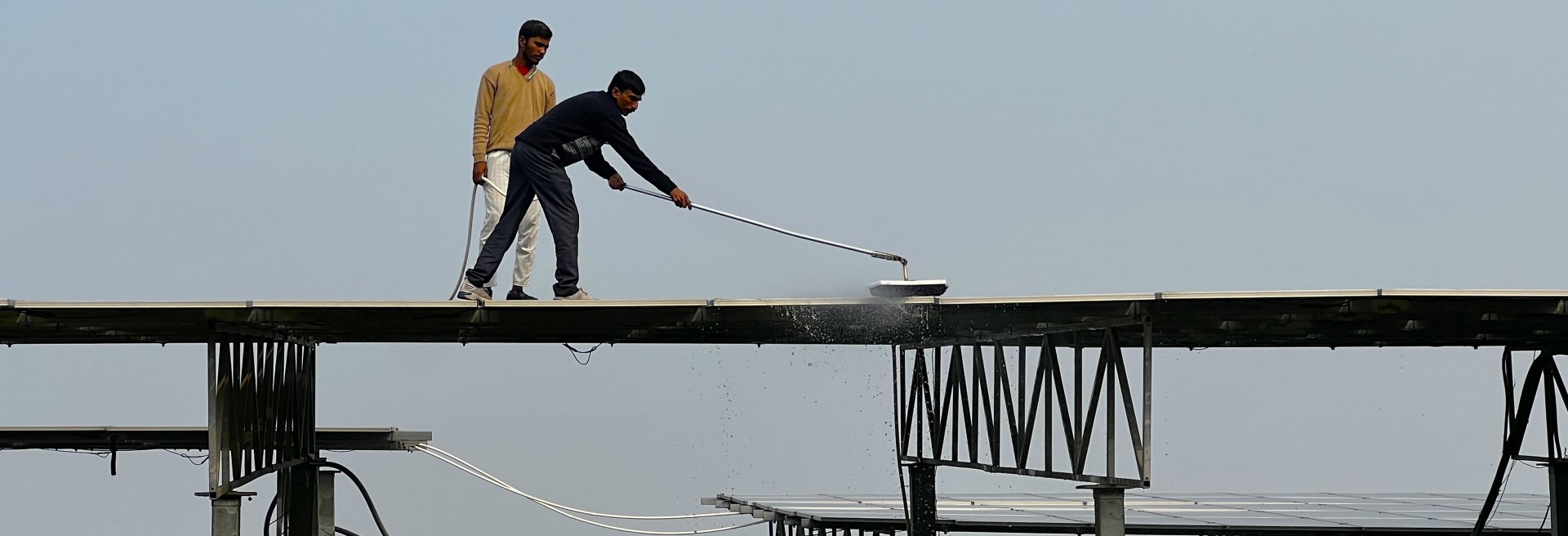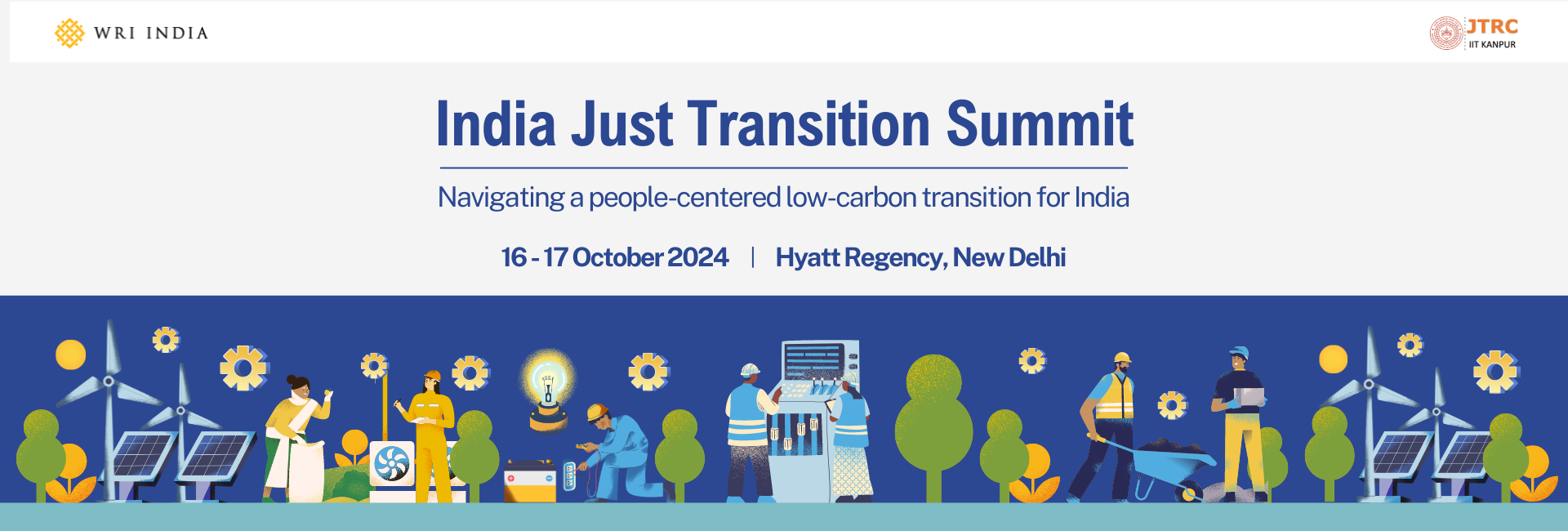
A transition to a low-carbon economy is critical to meet the global climate goal of limiting warming to 1.5 degrees above pre-industrial levels. Yet such a large-scale transition could come with its own set of challenges, especially for a developing country like India, which needs to meet its development goals while taking climate action.
If not planned well, India’s low-carbon transition could adversely impact small businesses, workers, and those dependent on transitioning sectors. It can also exacerbate existing economic and social inequities for vulnerable sections of society. Therefore, there is a need to incorporate policies and measures that explicitly address these potential impacts and help build the preparedness and resilience of affected communities and groups.
To do so, there is a need to identify potential risks of the transition and highlight the research gaps and interventions needed for a just, equitable, and inclusive low-carbon transition for all.
This page aims to serve as a living repository of the activities being undertaken and outputs being developed under WRI India’s work on people-centered transition. From infographics and videos to insight blogs and expert notes, we aim to highlight stories of equitable and inclusive transitions by bringing the focus on people, their voices, and their needs.
Contacts:


Senior Program Communications Associate, Climate, WRI India


